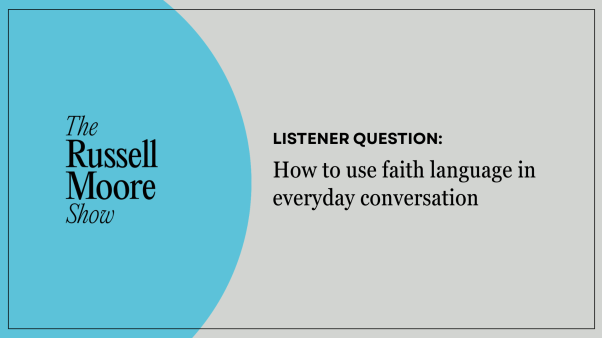It’s estimated that over 15 million WWJD bracelets were sold in the 1990s. Launching from a small church in Holland, Michigan, this line of Jesus merch quickly spread worldwide, spawning T-shirts, hats, and even a trio of movies. The popular acronym that stood for “What Would Jesus Do?” asked people to consider how Jesus might be calling them to act.
While most evangelicals have left their bracelets to gather dust, many—especially church leaders—still find themselves asking what Jesus would have them do. As cynicism and burnout continue to skyrocket, perhaps it’s time we ask a new question.
The key to understanding our calling is not to start with what a Christian would or should do but what Jesus Christ himself did.
As Jesus healed, taught, and served, he also retreated to pray, study Scripture, and worship. He devoted himself regularly to spiritual practices that drew no attention nor called for publicity. In doing so, Jesus allowed himself to be ministered to by his loving Father.
When the Crowds Clamored
Jesus stepped away to be with his Father—and not just once. “Jesus often withdrew to lonely places and prayed,” according to Luke 5:16. There were still people to heal. There were still masses eager to hear from him. And yet, Jesus took regular breaks from ministry to spend time aligning his heart with the Father’s.
In prayer, Jesus asked for relief and affirmed his submission to God’s will (Luke 22:42). He asked the Father to protect, unify, and sanctify the church (John 17). In prayer, Jesus modeled how to share the burdens and desires of his heart, trusting that communing with his Father would encourage and strengthen him for the work of ministry.
When Others Had Expectations
Jesus also turned to the Scriptures. At the age of 12, while his family traveled home from Jerusalem after the festival of the Passover, he remained in the temple courts. He sat among the teachers, Luke 2:46 reads, “listening to them and asking them questions.” While his understanding of the Hebrew scriptures was remarkable, perhaps what was even more remarkable was the posture of the Son of God to sit and listen.
Picture it: The one through whom the universe was created and in whom all things hold together placed himself under the teachings of Scripture. He sat. He listened. He, as Luke states, “grew in wisdom” (2:52). Though Jesus had every right and reason to act as the one with all the answers, he instead sat among wise teachers, engaging the Word of God together. And when his parents returned, riddled with anxiety in search of their lost child, he told them that he was where he had to be: in his Father’s house.
When There Were More Demands than Hours to Meet Them
Jesus routinely sought a quiet place for rest and encouraged his disciples to do the same (Mark 6:31). While a storm raged and his followers grew concerned for their safety as they sailed across the sea of Galilee, Jesus slept (Matt. 8:24). He did not push past his physical and emotional limits. Instead, he cooked breakfast on the beach (John 21:12). Tired, he sat by Jacob’s well and asked a Samaritan woman for a drink of water (John 4:6–7).
During every minute of Jesus’ ministry, people with pressing needs were calling for his attention. But as the one who sympathizes with our weaknesses (Heb. 4:15), Jesus embraced his mental, physical, and emotional limits. He poured out, yet knew that he needed to retreat and be filled back up. In doing so, he gives all whose weary hearts still long to minister permission to find the respite they so desperately desire.
Follow His Lead
What would Jesus do? Under the weight of ceaseless demands and world-changing responsibilities, Jesus sought solace in the Father’s presence. His life exemplified a rhythm of retreat and reengagement, a balance between pouring out and being filled.
It is a radical, essential act of faith to model this same pattern, to boldly declare dependence on God’s sustaining grace. Jesus’ example is not some distant ideal but a practical blueprint inviting us to consider: Are we willing to break from the cycle of constant doing to find restoration as Jesus did?










